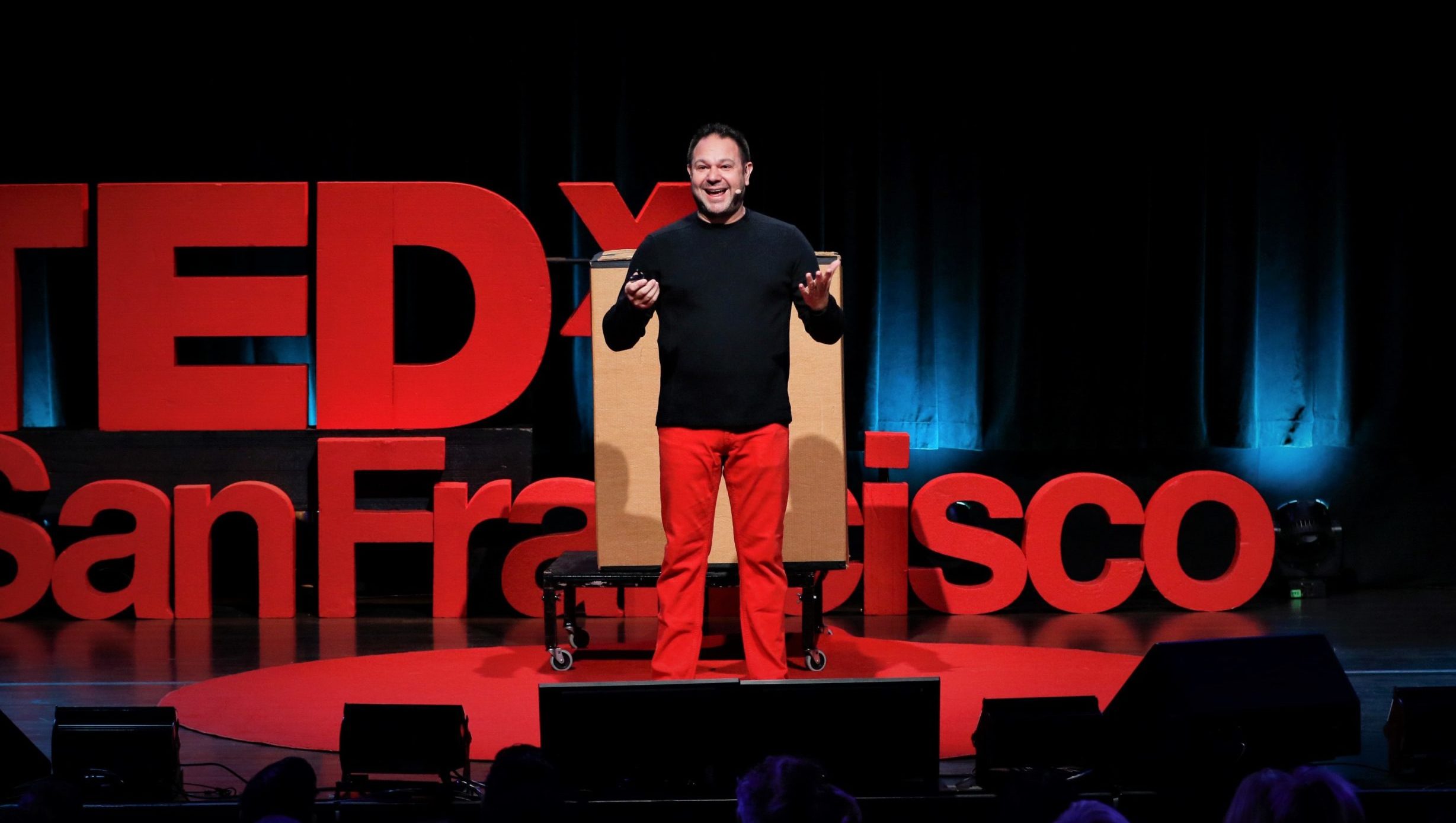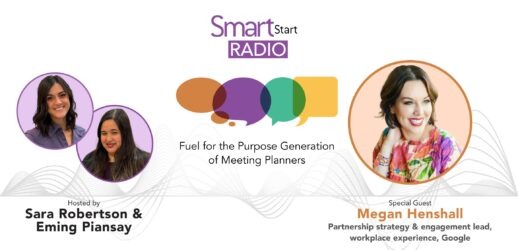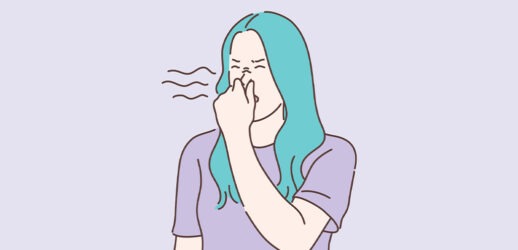Name: Robert Strong
Title: Chief Magic Officer
Organization: Robert Strong, The Comedy Magician
You are branded as The Comedy Magician. Were you first a magician or a comedian?
A magician. When I was young, I discovered magic, and I was instantly addicted. I bought so many tricks that for a kid, I needed an unusually large number of display cases. At the age of 16, I started really paying attention to the reactions, and I had the biggest epiphany of my career. It wasn’t about the prop I was holding: It was about the moments of pure joy and delight I was creating.
From then on, my newest and greatest high was eliciting the greatest reactions I could from my audiences. I was learning that in just three short minutes, I could have random strangers going from laughing until they cry to stone cold amazement, and finally to erupting into spontaneous applause. So, I branded myself The Comedy Magician.
In a recent TEDx Talk, you focused on false assumptions, and you mentioned five components of a magic trick. Please describe those five components.
Our brains have evolved to make assumptions, find connections and make sense of nonsense. These are shortcuts because of the brain’s need to be speedy, over being precise. The brain is usually correct, but not always. Magicians exploit these shortcuts.
Here are magicians’ five steps. First, study the assumptions audiences will make. Second, conceal the secret in plain sight. Third, misdirect [or control] the focus and attention away from the secret. Fourth, reinforce [or strengthen] with supporting “evidence” the incorrect story that audience members create in their minds. Fifth, reveal the magic moment, which is that incredible point in time when your brain struggles with the wrong assumptions and the new reality that is revealed.
Besides speaking on false assumptions, what are some of the other themes and learning takeaways you provide for your audiences?
My keynote topics include communication skills, presentation skills, creativity and iterative design, the neuroscience of magic, creating delight and joy for others, and staff training for trade shows. No matter what topic I speak on, there is always an element of bonding, humor and, of course, magic. It doesn’t feel like learning when you are having a great time. A teaspoon of sugar…
Your specialty is corporate events, and you customize each show to integrate a group’s theme and messaging. How are you able to do this?
This is my niche. If the event is customer-facing, I integrate the product’s selling points into my magic by interviewing the sales people. I have the customers’ full focus and attention, so they will remember the messaging, because it is connected to an amazing experience. If it is an internal event, I do a phone interview, usually with human resources, to learn about the inside jokes and culture of the company. Then, I write custom humor and routines to poke fun at the company’s quirks and to celebrate its achievements. Every event is a unique snowflake, so I use my 35-plus years of experience to create the perfect “wow” moments that will get the strongest reactions.
Why are wow moments important, and what types of wow moments are most effective?
Studies have shown that when you create an extraordinary experience for others, people will remember that experience more accurately, they will remember it for a longer period of time, and they will share that experience with more people. Magic provides the perfect wow moment. It is the only art form and communication that demands your full focus and attention.
You can’t be on your smartphone or distracted during a magic trick. It is completely immersive. Once the magic happens, people are in an open state to hear your message, and your messaging is then forever linked to an incredible experience. People will not only have a strong positive association with your event, but they also will be able to recall the messaging.
Tell us about your favorite wow moments that have inspired and entertained.
I have had the honor of making countless CEOs and VIPs magically appear on stage, but what I love most is when I teach those CEOs and VIPs to perform an amazing magic trick. They get to experience what it is like to create joy and delight for others. And studies show that when you do for others, it lowers your heart rate, reduces stress, reduces chronic pain, increases your life expectancy, and gives you meaning and purpose in life—and altruism is contagious. I just love seeing the pride on the faces of the CEOs and VIPs who are performing, and the surprise on the faces of the audience they are performing for. That is the real magic.




